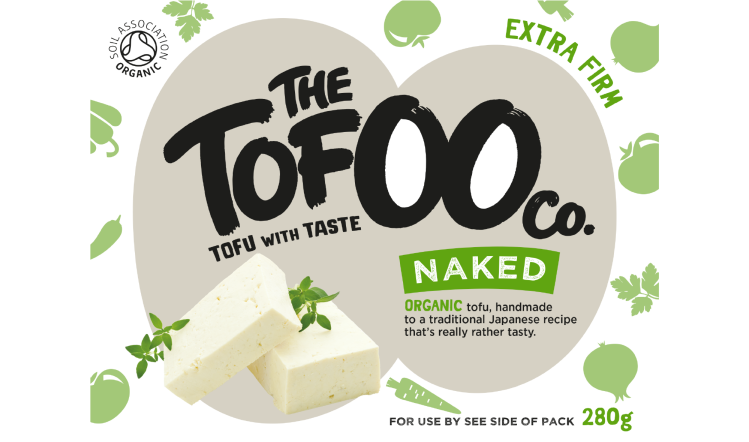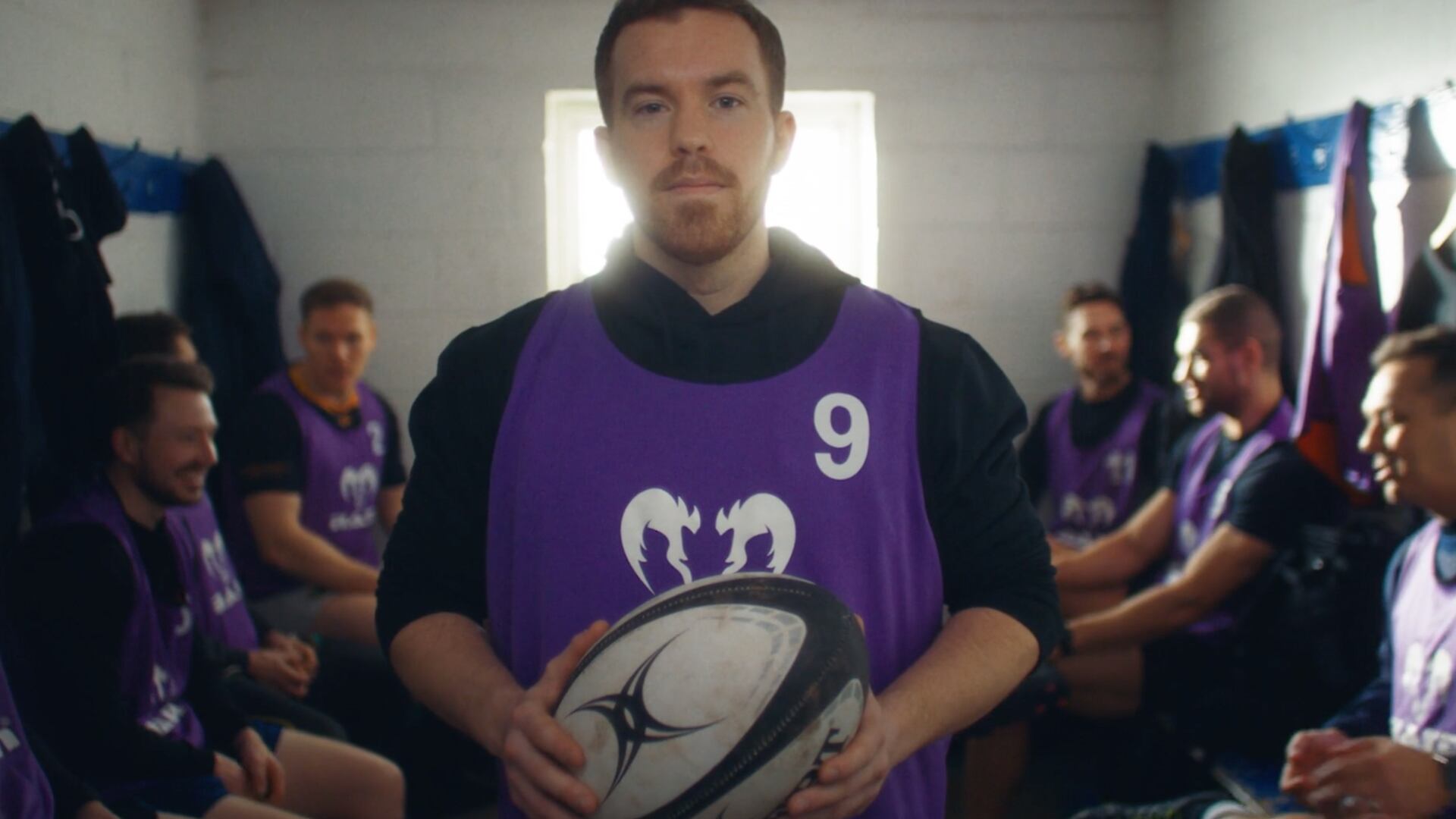Announcing its objective, Unilever said the growth would be driven by the roll out of its brand The Vegetarian Butcher plus increasing vegan alternatives from brands including Hellmann’s, Magnum and Wall’s. The target is part of Unilever’s ‘Future Foods’ ambition, launched globally today (18 November) with two key objectives: to help people transition towards healthier diets and to help reduce the environmental impact of the global food chain.
"We are in the process of scale-up at the moment to commercial scale and we are aiming to realise that scale in 2021," Spicer told Food Manufacture.
He went on to detail how Algenuity was ensuring production of its solution, which is based on the microalgae chlorella vulgaris, was as environmentally friendly as possible. He also explained the food category applications for the product and its functional and nutritional properties.
Sustainable food alternatives
Unilever said the recent announcement of its partnership with Algenuity marked an important step in making the critical shift toward the development of sustainable food alternatives.
Despite being packed full of protein, antioxidants, vitamins and minerals, microalgae have never really made it into the mainstream, principally because of their strong green colour and bitter taste and smell. To overcome this, Algenuity has developed an innovative technology named Chlorella Colours, which removes the unpalatable taste, without reducing any of the microalgae’s valuable nutritional content.
Their emulsifying and enriching properties are similar to those of traditional ingredients such as eggs, which means they can be used in a wealth of foods including mayonnaise, soups, sauces, meat alternatives, baked goods and pasta. This also, of course, makes microalgae particularly relevant for Unilever brands like Hellmann’s, Knorr and the Vegetarian Butcher.
Environmental and nutritional goals
At the same time as its plant-based commitment, Unilever, which also makes Lipton, Ben & Jerry’s and Knorr, committed to a range of environmental and nutritional goals.
These include:
- Halving food waste in its direct global operations from factory to shelf by 2025 – five years earlier than previously committed, as part of the Champions 12.3 coalition target;
- Doubling the number of products delivering positive nutrition globally by 2025 – defined as products containing impactful amounts of vegetables, fruits, proteins, or micronutrients like vitamins, zinc, iron and iodine.
- Continuing to lower calorie, salt and sugar levels across products so that:
- 85% of Unilever’s global Foods portfolio will help consumers reduce their salt intake to no more than 5g per day, by 2022;
- 95% of Unilever’s packaged ice cream will not contain more than 22g of total sugar, and 250 Kcal per serving, by 2025. This is in addition to the company’s children’s ice creams, which have been capped at 110 kcal since 2014.
'Critical role to play'
“As one of the world’s largest food companies, we have a critical role to play in helping to transform the global food system," said Hanneke Faber, president of Unilever’s foods & refreshment division. "It’s not up to us to decide for people what they want to eat, but it is up to us to make healthier and plant-based options accessible to all. These are bold, stretching targets which demonstrate our commitment to being a force for good.
“It is widely recognised that the current global food system is inequitable and inefficient. One billion people around the world are hungry, while two billion are obese or overweight. One third of all food produced is thrown away. And animal agriculture is the second largest contributor to greenhouse gas emissions after fossil fuels and a leading cause of deforestation, water and air pollution and biodiversity loss.”
The 2019 EAT-Lancet report showed that a diet rich in plant-based foods and with less animal-sourced foods offer health and environmental benefits.
Jessica Fanzo, Bloomberg distinguished associate professor of global food & agricultural policy and ethics, Johns Hopkins University and a co-author of the EAT-Lancet report said: "The average person’s daily diet will need to change drastically during the next three decades to make sure everyone is fed without depleting the planet.
Improving food production and food environments
"By improving food production and food environments, transforming eating habits, and reducing food waste, we can begin to solve these problems. Unilever’s commitments are integral to helping people make changes to their diet, with healthier and more sustainable food products that are accessible and affordable for their consumers.”
Liz Goodwin, senior fellow and director, food loss and waste at World Resources Institute said: “Food loss and waste have massive impacts in terms of cost to the global economy, the environment and society.
"We know that food loss and waste contributes about 8% of global greenhouse emissions as well as wasting the land and water used in production of food. We need as many companies as possible to step up and prioritise the issue of food loss and waste and take action to reduce it.
"It is great to see Unilever showing this sort of leadership. Given the size and reach of Unilever, their commitment to halve food loss and waste across their global operations will undoubtedly lead others to take action as well.”
The Vegetarian Butcher
Unilever has been expanding its plant-based meat and dairy alternatives business for several years. After acquiring The Vegetarian Butcher in 2018, the company has expanded the plant-based meat brand into more than 30 countries and was last year chosen as the supplier of Burger King’s Plant-Based Whopper and Plant-Based Nuggets across Europe, the Middle East and Africa.
In 2019, Unilever made an €85m investment in ‘The Hive’, a food innovation centre at Wageningen University in the Netherlands to support research into plant-based ingredients and meat alternatives, efficient crops, sustainable food packaging and nutritious food.
Its foods & refreshment division’s targets also support Unilever’s global commitments to achieve a deforestation-free supply chain by 2023; invest €1 bn in a new Climate & Nature Fund; and achieve net-zero emissions for all products by 2039.
Packaging
Unilever has also pledged to ensure 100% of its plastic packaging is reusable, recyclable, or compostable by 2025.
Barclays estimated in 2019 that the wider plant-based market could grow by more than 1,000% over the next ten years, reaching $140bn by 2029. It also found that 92% of plant-based meals in the UK are consumed by the 22m non-vegan flexitarians in the market.
2020 research by ethical investor network FAIRR highlighted that two in five global food giants now have dedicated teams to develop and sell plant-based alternatives to meat and dairy. Unilever is one of only two companies to be cited as a ‘pioneer’ in this year’s FAIRR ranking of the world’s top 25 food retailer and manufacturers that are shifting to more sustainable protein sources.




